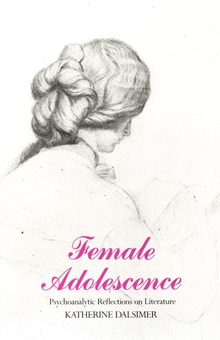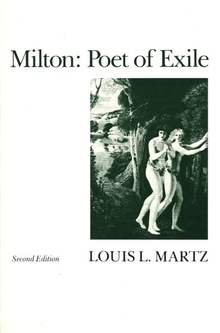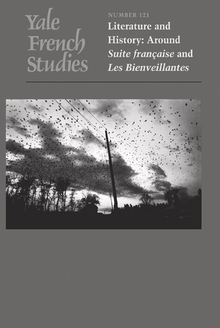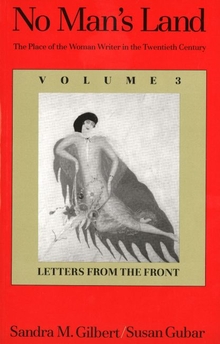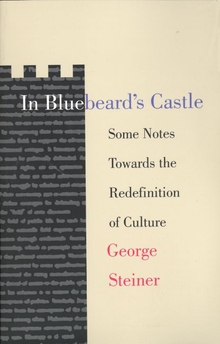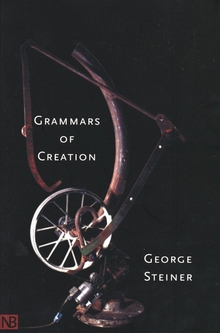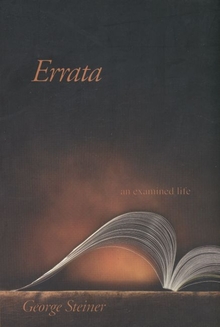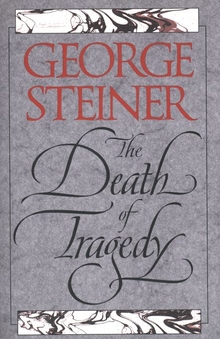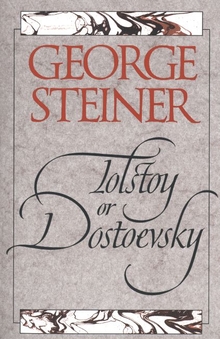No Passion Spent
WARNING
You are viewing an older version of the Yalebooks website. Please visit out new website with more updated information and a better user experience: https://www.yalebooks.com
Essays 1978-1995
George Steiner
Steiner covers a wide range of subjects, from the Hebrew Bible, Homer, and Shakespeare to Kafka, Kierkegaard, Simone Weil, Husserl, and Freud. The theme of Judaism's tragic destiny winds through his thinking, in particular as he muses about whether Jewish scripture and the Talmud are the Jew's true homeland, the parallels between the "last supper" of Socrates and the Last Supper of Jesus, and the necessity for Christians to hold themselves accountable for their invective and impotence during the Holocaust.
A selection of Readers’ Subscription
"George Steiner is a latter-day Edmund Wilson, at least as gifted and much more learned....His own existence is a cultural phenomenon in which we can take a decent pride."—C. P. Snow
"George Steiner transmits the world of European literature and thought to American audiences better than anyone now writing. No Passion Spent is a valuable and often profound work."—Alfred Kazin
"Brilliantly illuminating prose."—Alain de Botton, Independent on Sunday
"In the search of the depths of Homer, The Bible, Shakespeare and Kafka, and the problematic interplay of Judaism, Classicism, and Christianity, Steiner displays his commanding, polymathic erudition. . . . Stimulating scope and compelling concerns."—Kirkus Reviews
"Bringing to bear deep erudition and graceful, often lyrical prose, Steiner offers sensitive and insightful readings of his subjects while lamenting the fate of reading in general."—Library Journal
"All of Steiner's commentary is energized by his fascination with the ancient belief that there are words, texts, or images that speak directly the nature of existence, in prophecy. . . . Steiner's view of Western literature makes him . . . a unique, powerful and necessary voice."—Kenneth Baker, San Francisco Chronicle
"Astute, provocative, and eye-opening."—Michael Dirda, Washington Post Book World
"Steiner is a phenomenon. Reading him over the years, I'm struck with the energy and, at its best, the relentless concentration of his thought."—Edward W. Said, Nation
"An intelligent, deeply felt humanism characterizes Steiner's work; a tradition of intelligence and style lives in this prolific man."—Los Angeles Times
"One of the principal reasons for reading Steiner is for the sheer pleasure of his prose . . . brilliant."—Peter Brunette, Washington Post Book World
"Steiner offers a fresh perspective on the relationships among reader, author and text in an age when literary criticism has been overrun by postmodern thinkers and their structuralist counterparts."—Publishers Weekly
"Steiner's characteristics as a critic are well represented in these essays. On the debit side, he is prone to melodramatic generalization, grandiosity, snobbishness, and a tone of self important urgency. His bow is always stretched to its utmost tension. To his credit, Steiner is immensely erudite, cosmopolitan, often eloquent and always stimulating. His is a distinguished presence on our intellectual terrain."—Gerhard Brand, Magill's Literary Annual 1997
"George Steiner teaches us to read; the rewards of reading him are more than commensurate with the effort required. Every essay in Steiner's new collection, No Passion Spent, offers ample matter for reflection, new ways to consider old texts, and gem-like sentences. At his best, Steiner makes the graceful sentence an occasion of grace."—Marilyn Chandler McEntyre, Theology Today
"Steiner's obsessions, his passions as it were, are simultaneously his own and utterly ours. In his paragraphs, linked almost seamlessly from one essay to another, resides what is perhaps the fullest, richest account of what European literature can mean to American readers—and of why the world, poised on the very edge of a new century, needs such humanism more than ever."—Sanford Pinsker, Georgia Review
Publication Date: March 30, 1998


